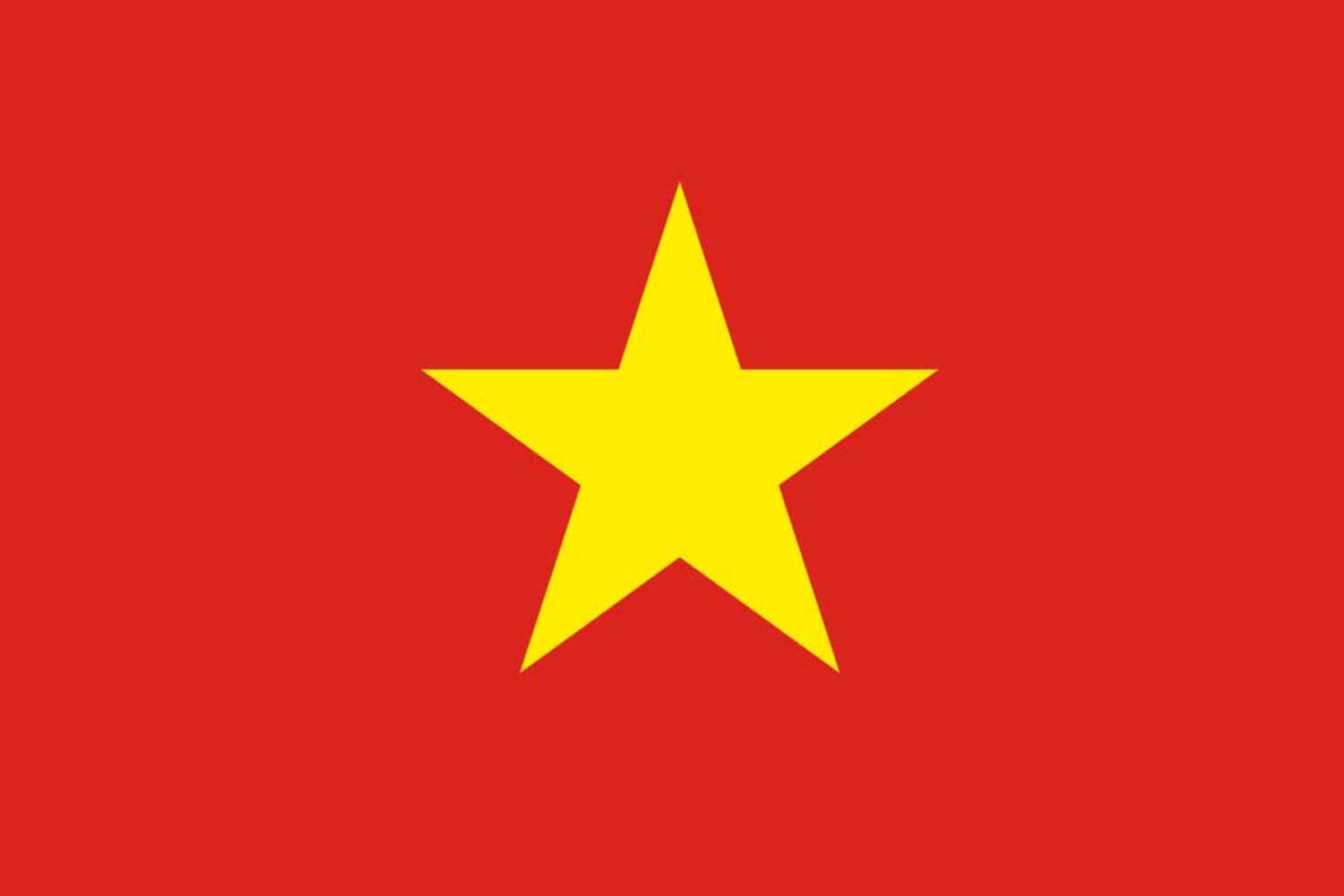Chinese companies are increasingly investingin Vietnam to circumvent Trump tariffs. They are behind almost a third of all projects.
Chinese companies are responsible for almost one in three new investment projects in Vietnam. Last year, they launched around 28% of new projects. In 2023, it was still 22%, reports the Financial Times from London.
The reason for the relocation of business activities to the neighboring Southeast Asian country is the opportunity to avoid the trade war between Washington and Beijing. However, the shift is likely to increase Vietnam’s vulnerability to tariffs as the US increasingly targets countries that have trade surpluses with America.
Vietnam achieved a $123.5 billion (€113.6 billion) trade surplus with the US in 2023 – the third highest in the world after China and Mexico. This was partly driven by exports from companies such as Apple and Intel, which have relocated production lines to spread supply chain risks and avoid punitive tariffs.
New locations in Vietnam
Since the introduction of the first US tariffs on Chinese imports in 2018, the number of Chinese manufacturers setting up new sites or expanding existing ones in the neighboring country has risen significantly. Since February 2025, US President Donald Trump has gradually introduced additional tariffs on Chinese imports. Tariffs of 10% initially came into force on February 4 and were increased to 20% on March 4.
Companies from the Middle Kingdom are significantly increasing their investments in Vietnam as a result of the newly introduced tariffs. For example, Geely will start building a modern car assembly line in the northern Vietnamese province of Thai Binh in the first half of 2025. The plant is being built on a 30-hectare site and is estimated to cost €155 million. Production is scheduled to start at the end of 2026. In the first phase, around 75,000 vehicles are to roll off the production line each year – including models from the Geely and Lynk & Co.
Shunsin Technology, a subsidiary of Foxconn, is investing €73.6 million in the construction of a new chip factory in the Vietnamese province of Bac Giang. The plant will produce integrated circuits for export to the USA, the EU and Japan. The plant is being built in the Quang Chau Industrial Park on 4.4 hectares with a planned annual capacity of 4.5 million units. Construction is scheduled to start in 2025. Test production is planned for June 2026, with the plant set to go into full operation in December 2026.
Other Southeast Asian countries such as Thailand and Malaysia are also seeing an increase in Chinese investment. Nevertheless, Vietnam remains a preferred destination for the relocations due to its geographical proximity to China, low-cost labor and existing trade agreements. (rup)













